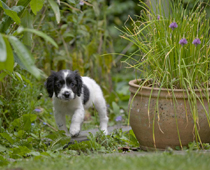
Busy Bees!
In this Spanish Medium Review picture quiz you will be buzzing around like a group of very busy bees to find the right verbs. Bees are always very active. With that in mind, this quick quiz is going to be very much like a bee only, instead of going from flower to flower – you will be going quickly from one verb to the next.
Learning how to use verbs is critical to learning a new language so the more you can practice with verbs, the easier it will become for you to really grasp this language of Spanish. The challenge with this quiz is to see how fast you can buzz around like a very busy bee. Take a look at the pictures and then the sentences given and quickly locate the proper translation of the capitalized verb. Watch out for context, pronoun form and tense.
Ready for more?
not all...
quizzers. Try to win a coveted spot on our Hall of Fame Page.

















